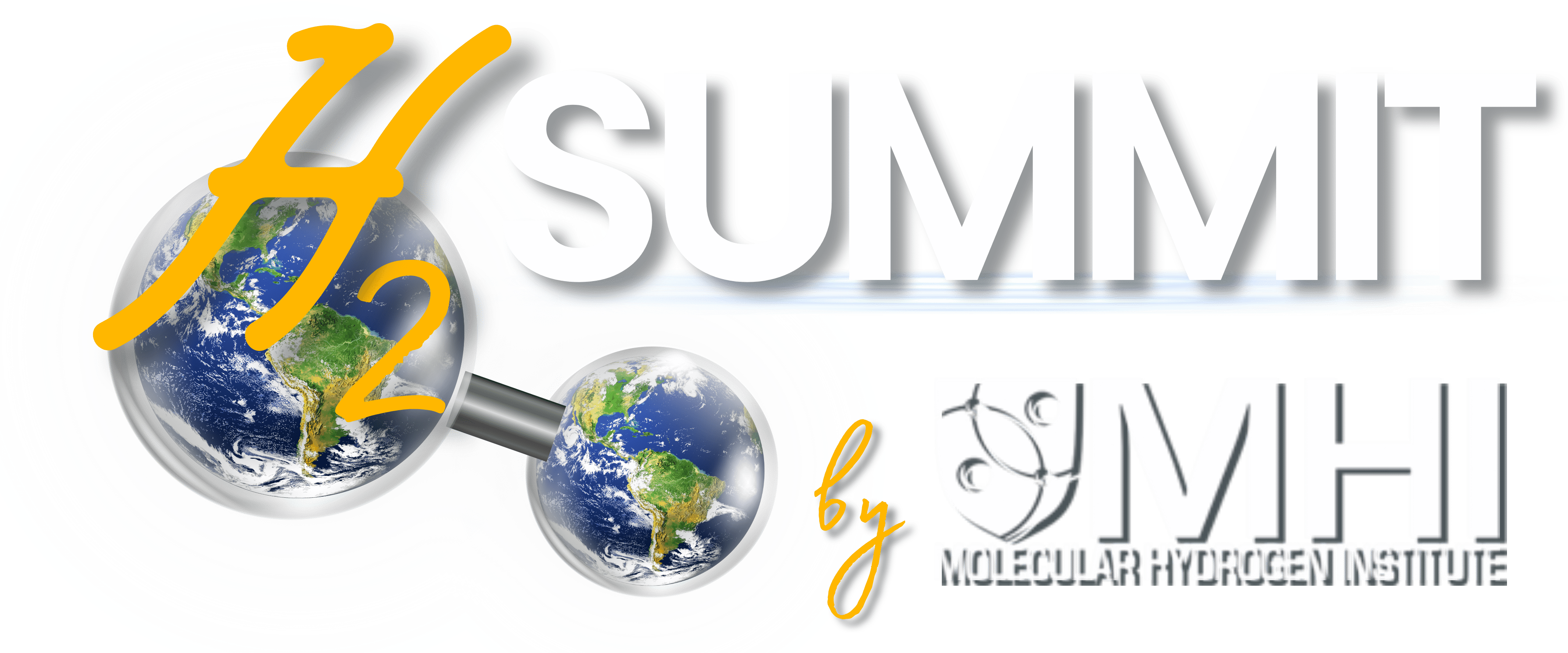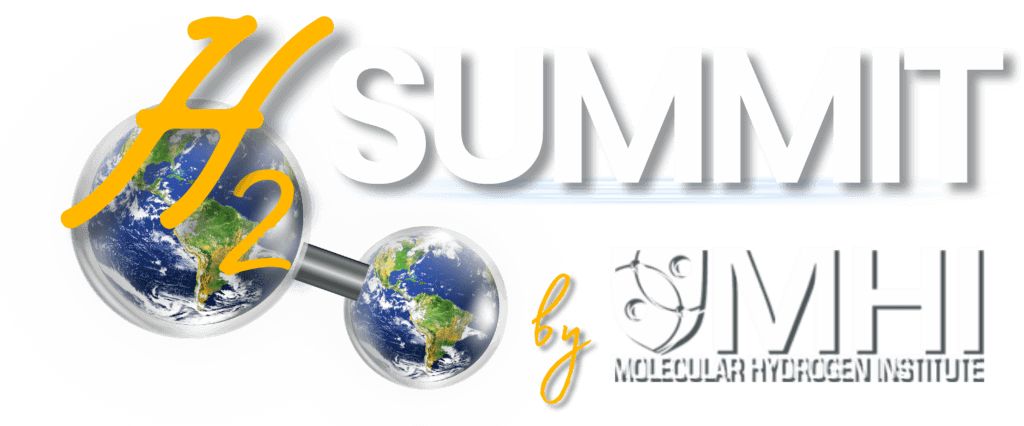
Discover the latest innovations in Molecular Hydrogen Research
JOIN THE VIRTUAL SUMMIT: SEP 12, 2024
About the H2 Summit
The H2 Summit is a virtual online event bringing together leading researchers and the general public to explore the latest advancements in molecular hydrogen research. Our goal is to educate on molecular hydrogen’s therapeutic properties, spread awareness of molecular hydrogen as a medical gas, and advance the research by sharing industry insights and recent scientific papers. This summit is supported by the following entities:
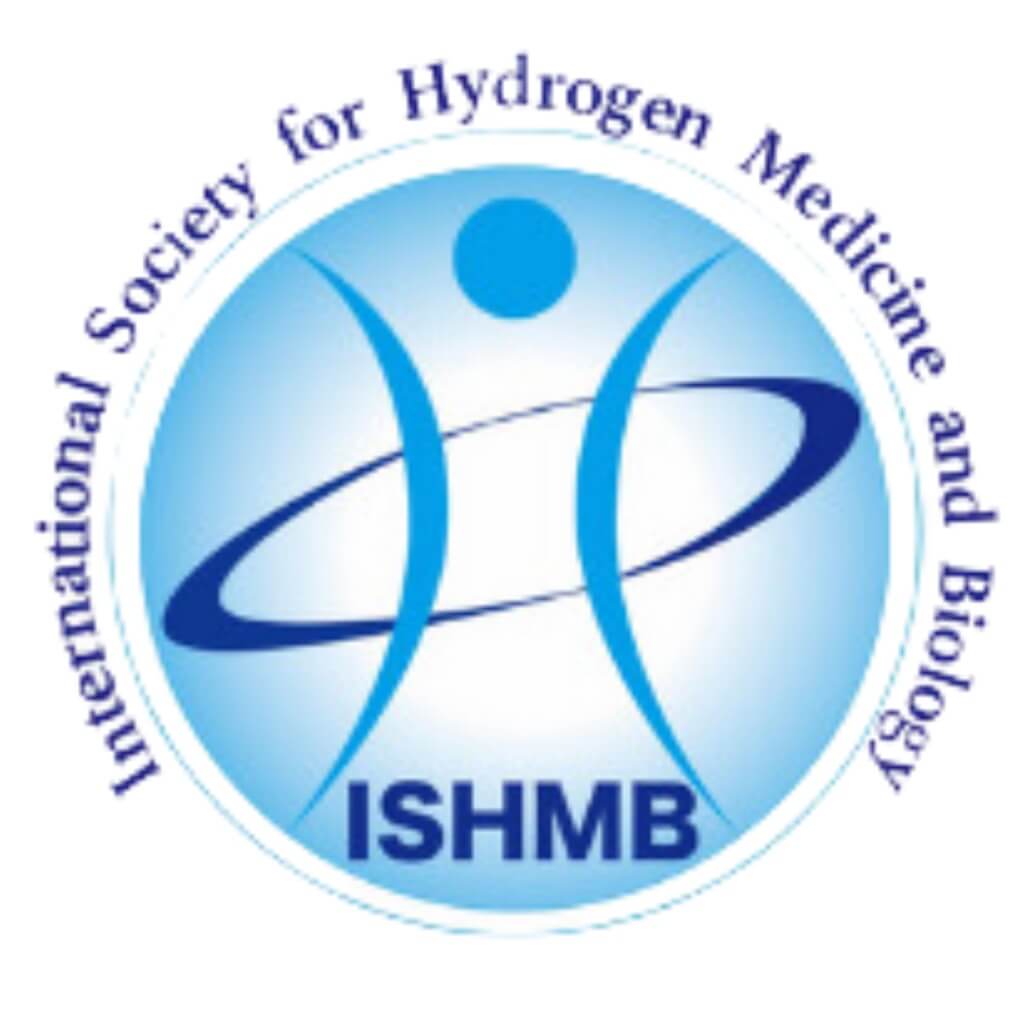
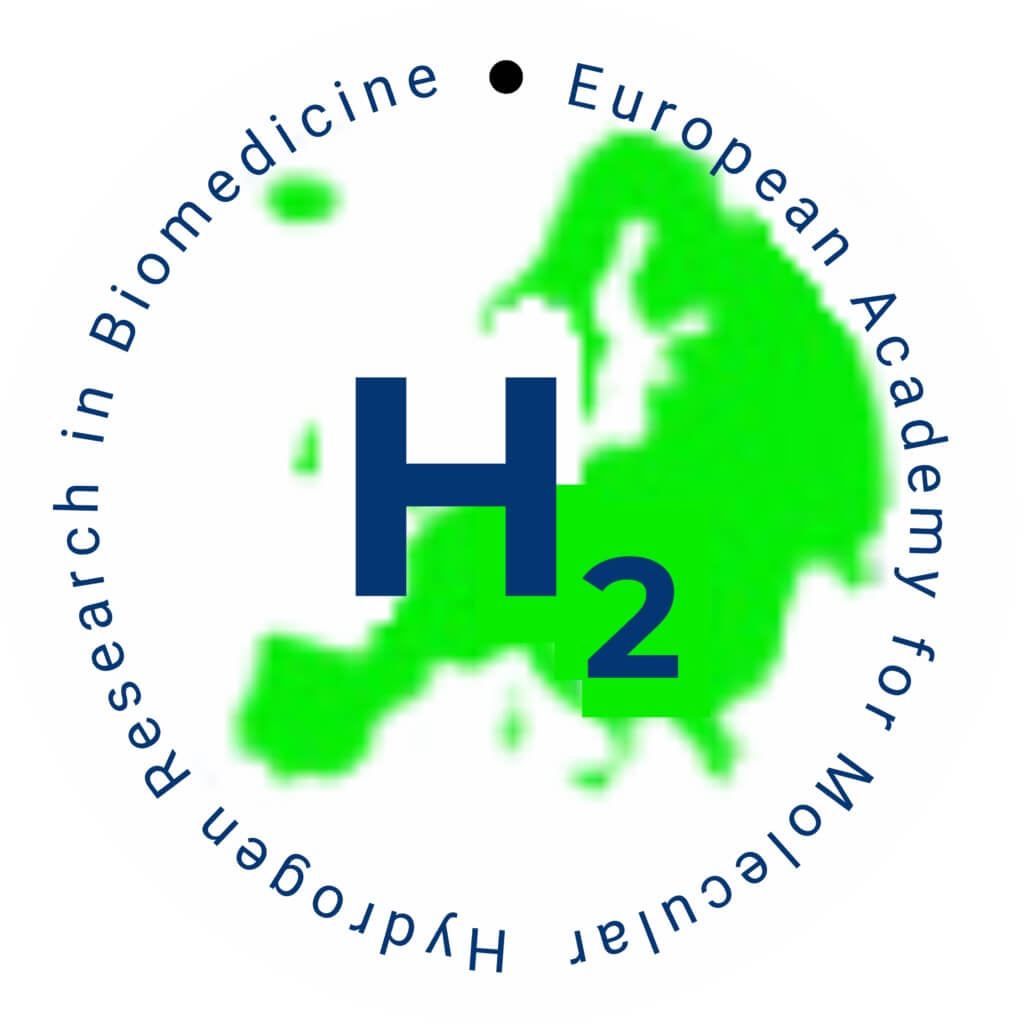
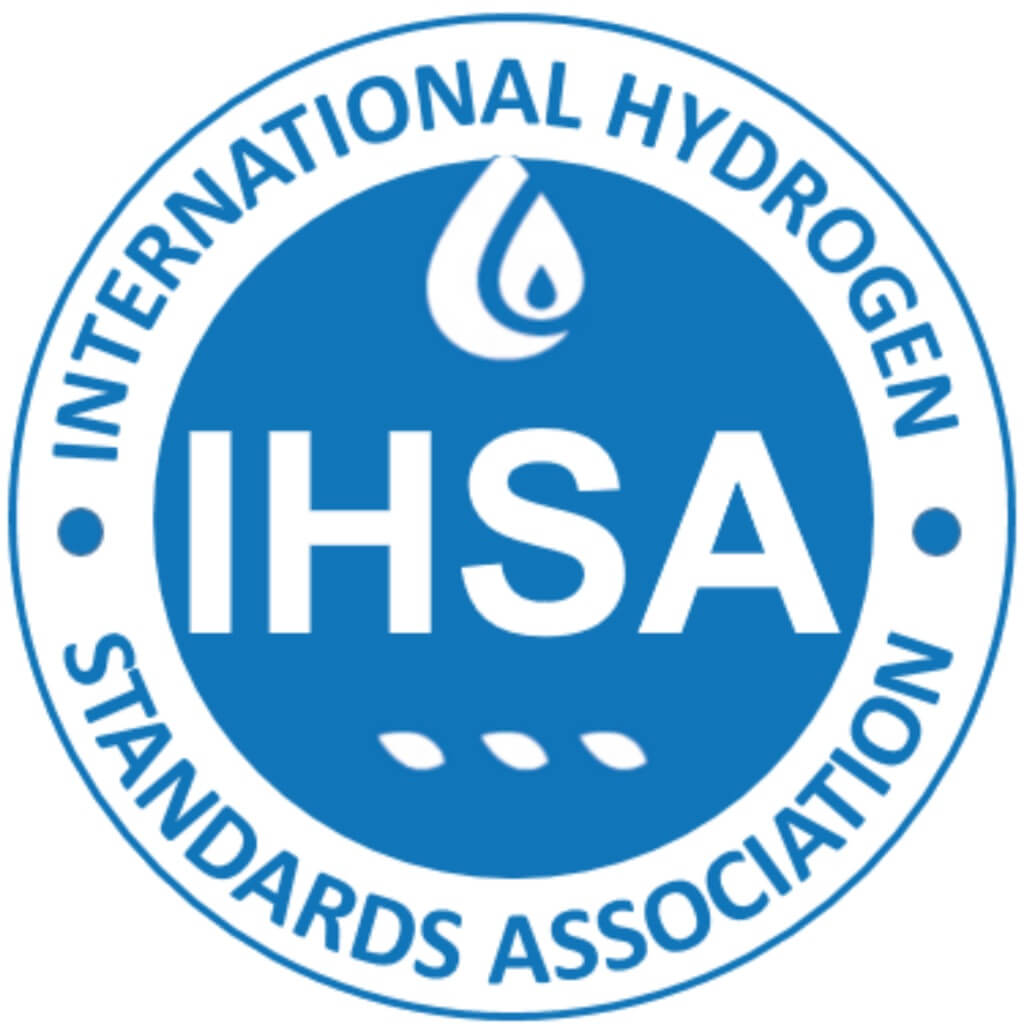


Learn about the recent research
Why Hydrogen?
Confirmed Speakers
Prepare for a knowledge-packed journey at the H2 MHI Summit!
This summit has an impressive lineup of speakers who are leading academics, scientists, researchers, doctors, medical professionals, and more. Our highly qualified speakers are ready to share their research on the applications of molecular hydrogen from biomedicine and health, sports medicine and longevity, to food and agriculture. This is your exclusive opportunity to learn from the best experts and pioneers shaping the conversation.
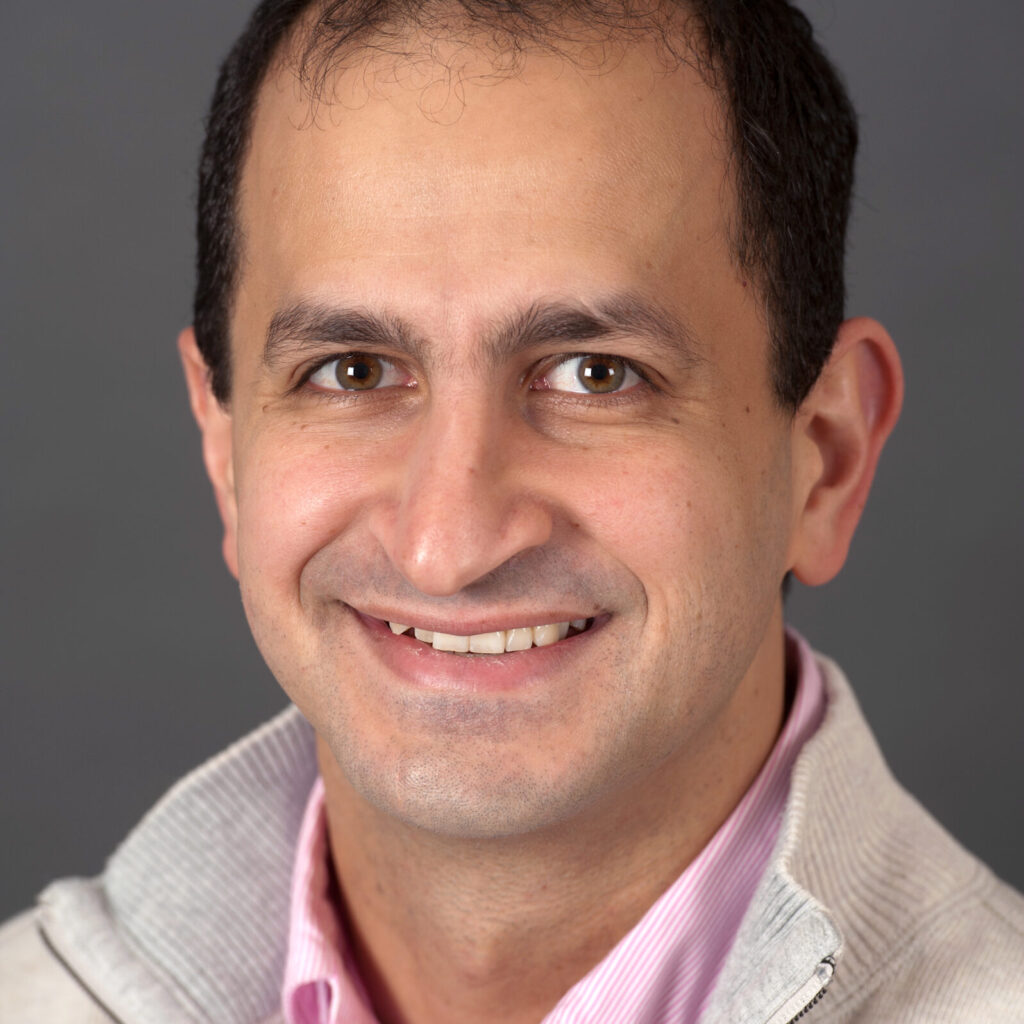









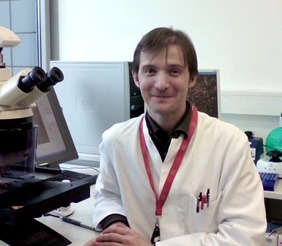
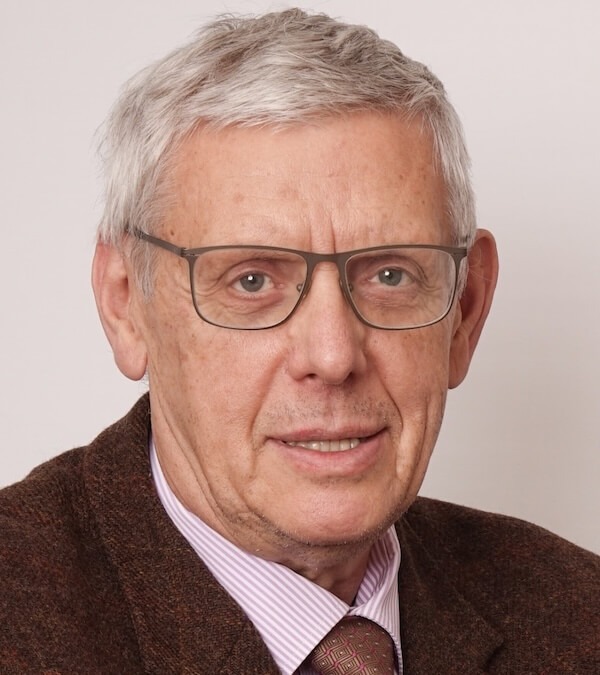

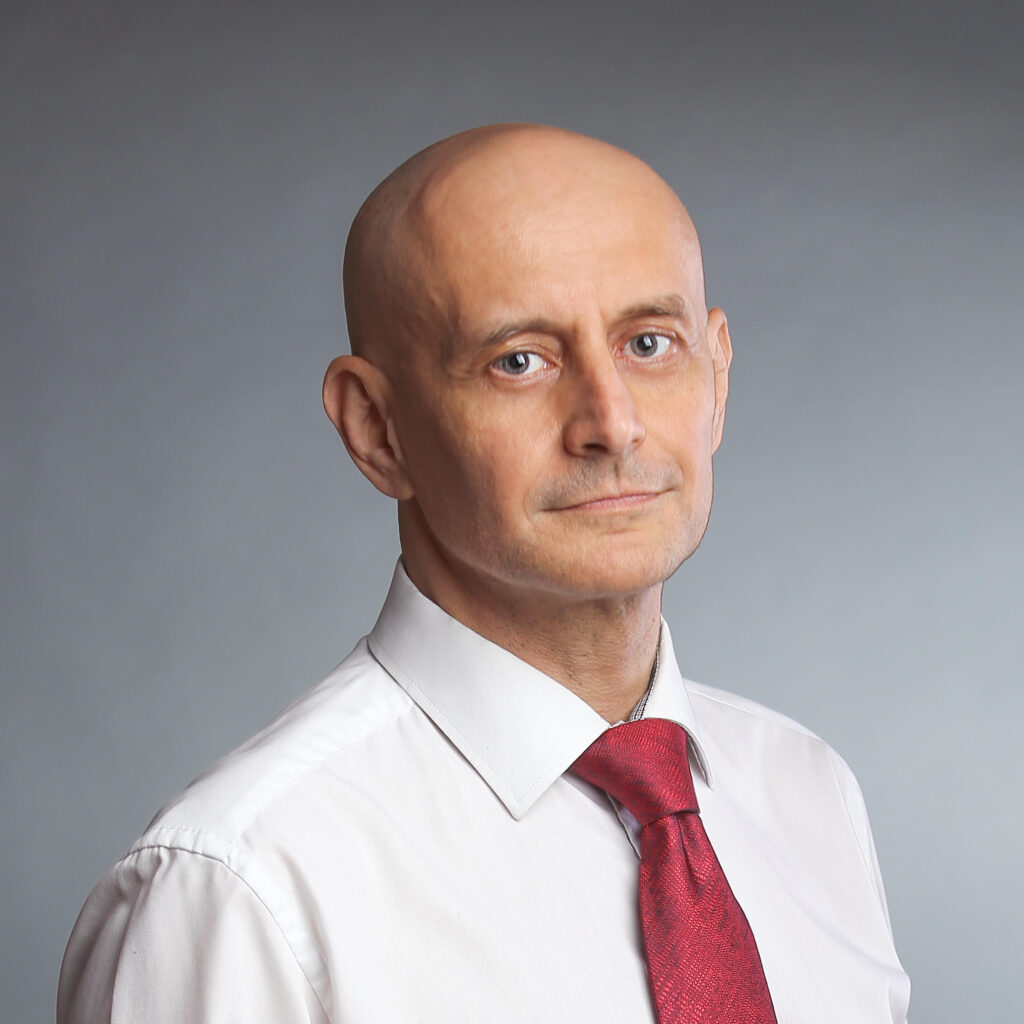
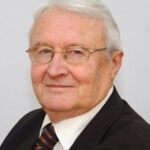

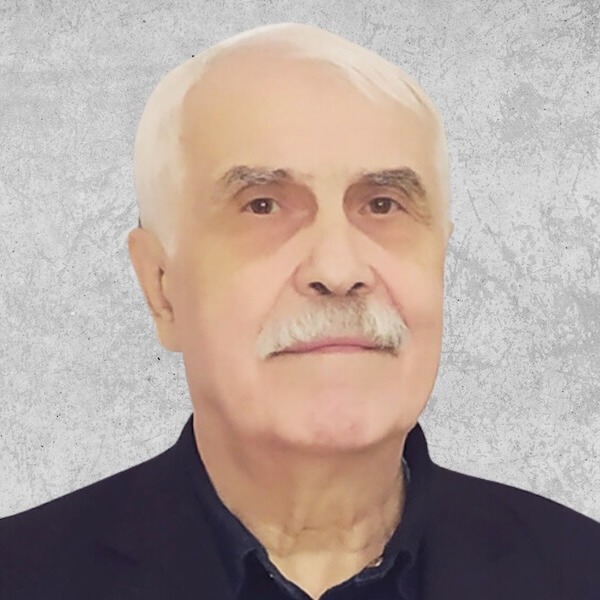





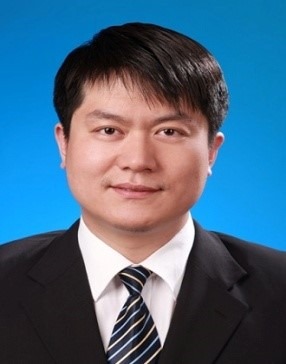

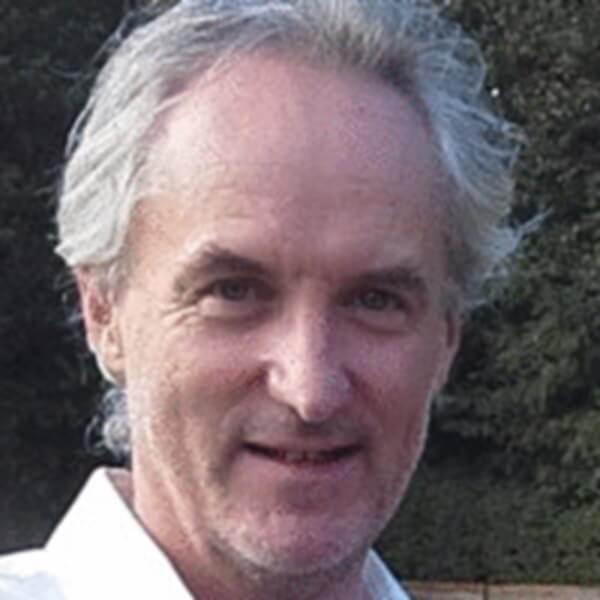








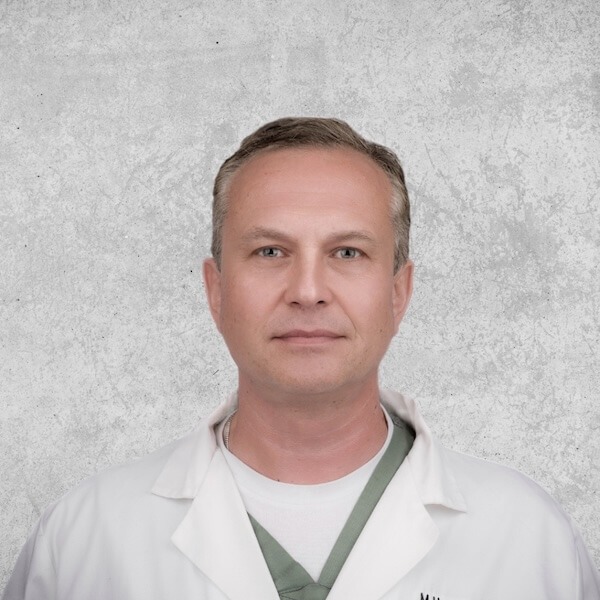







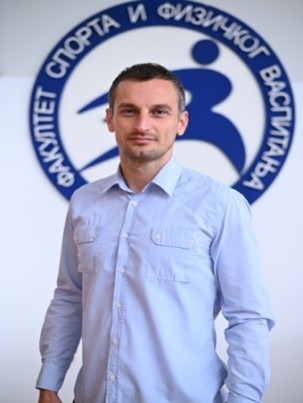
If you’ve ever asked:
Then this summit is for you!
The H2 Summit is designed for a wide range of attendees, from professionals to enthusiasts, interested in learning about the potential of molecular hydrogen. Whether you’re a healthcare provider, researcher, or simply curious about the latest scientific advancements, this summit offers invaluable insights for everyone.
Here’s who should join us:
Presentation Highlights
+ Many More!
Here’s what you can expect to learn:
And much much more!

Benefits of attending for the General Public

Benefits of attending for Academics
FAQ’s
Choose your ticket
Come participate in the first-ever H2 MHI Summit. There are several ticket options, choose the one that best works for you!
This is a two-in-one virtual conference that you do not need to travel for. Hear about the latest research from the top-tier hydrogen scientists, researchers, and medical professionals. In this virtual event, you won’t have to worry about internet glitches, waiting for the presenter to begin, or missing anything when you step away. Because of the virtual format, presentations are pre-recorded, meaning you can watch at double speed (or half speed), pause, or rewind.
JOIN THE VIRTUAL SUMMIT
Discover the latest innovations in Molecular Hydrogen Research
